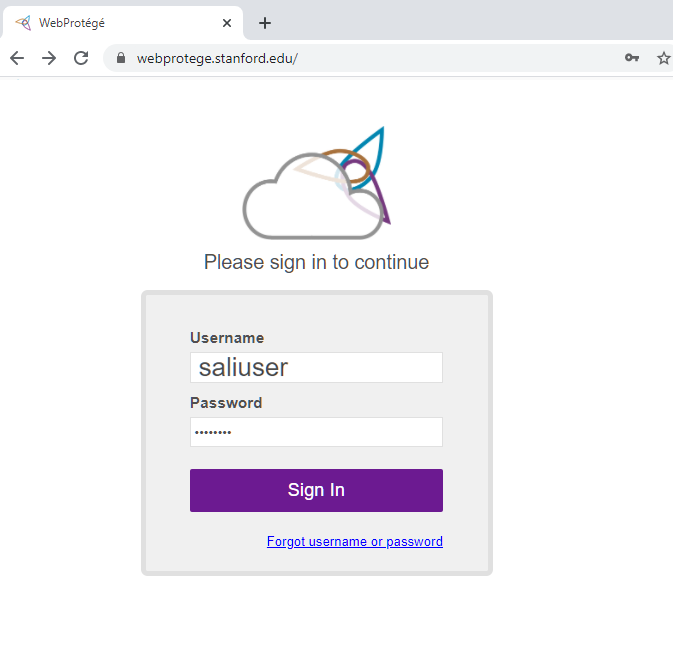Standards, the Importance of Standards

I had fun trying to stay awake during ICAIL 2021 about 2 weeks ago. Following ICAIL 2021 was tough because of my rudimentary knowledge of natural language processing. Furthermore, it's hard to concentrate at 2 AM. 😪😪😪
There was, however, one thing I understood that got me excited — a demonstration of the Legal Matter Standard Specification (LMSS) from the SALI Alliance.
The LMSS is a “common language” for describing legal work. As you can see from a list of “area of law” codes in version 1 of the LMSS, they have sought to compile a fairly comprehensive list. As an open standard, you can survey the terms used and covered on WebProtege.
SALI Alliance – Review the SALI StandardPowered by Wild Apricot Membership Software
Having a common language between suppliers and consumers of legal services can be very useful. You would be able to compare services between suppliers. Right now, a law firm can provide “corporate advisory”, but what does that actually mean? Advising companies in the entertainment industry is quite different from companies in the logistics industry. Furthermore, what kind of logistics are we talking about? Shipping? E-commerce? “Corporate advisory” becomes a protean and useless term. When words are devoid of meaning, consumers stick to a law firm that simply “knows their business”.
Once everyone agrees to a standard meaning for a common set of terms, interoperability becomes possible for everyone in the industry. Service providers can describe their work and experience in a detailed and accurate manner. Consumers would spend much less time trying to describe what they are looking for.

The LMSS will still be useful for people who are not directly involved in the provision and consumption of legal services (like me). As a taxonomy built by experts in their fields, I can find a set of comprehensive terms that I can use for my projects. This saves me the trouble of fretting whether I have come up with all the possible categories I need to label my data.
In this regard, version 2 of the LMSS, which contains more terms related to work products and services and their relationships, is far more ambitious and useful.
Using the taxonomy, I can label the stages of the work and the types of work carried out in a legal department. This would allow me to see the number of times and the time taken to do certain work, and then allow me to cross-reference service providers to see if this can be outsourced as well. This would only work if the data from the legal department and the service providers can talk to each other in terms that all of us can understand.
Of course, standards have many problems.
 Source: xkcd (https://xkcd.com/927/)
Source: xkcd (https://xkcd.com/927/)
Luckily for the legal industries, standards are hard to come by. Instead, judging from SALI Alliance's modest but powerful membership, these standards are not being used enough. This is why it was pretty big news that CLOC endorsed the SALI Alliance. When more participants use a standard, then it becomes the standard.
I asked this question during the presentation: how useful would the LMSS be for other jurisdictions? While many terms are indeed drafted from a US perspective, the underlying concepts are also fairly universal. As such, I would be able to find terms I can relate to, even if I had a more precise term for it. Anyway, given the graph structure of the LMSS, more terms could be added and their relationship stated as “also known as” and “see also” for similar terms, without affecting the underlying nodes. This means that with some effort, you can still make comparisons between your own data and LMSS's taxonomy .
Anyway, it appears that there is a working group for Canada on the LMSS version 2, and it would be interesting to me how they would contribute to the existing standard. Should Singapore contribute to the LMSS? It'd be interesting, but I would like to use this a little more so that I can think about how it can be sold to the local community.
To be frank, the most positive thing I see about the LMSS and SALI Alliance is that it's relatively open. While being able to take part in its development is a huge benefit to being part of the SALI Alliance, you don't need to be a member to develop your own applications. It's released under the Creative Commons License, so you can use it freely.
As mentioned, I am going to try and label some stuff using the taxonomy from LMSS. Here's hoping I can create something out of it!
Love.Law.Robots. – A blog by Ang Hou Fu
- Discuss... this Post
- If you found this post useful, or like my work, a tip is always appreciated:
- Follow [this blog on the Fediverse]()
- Contact me:
